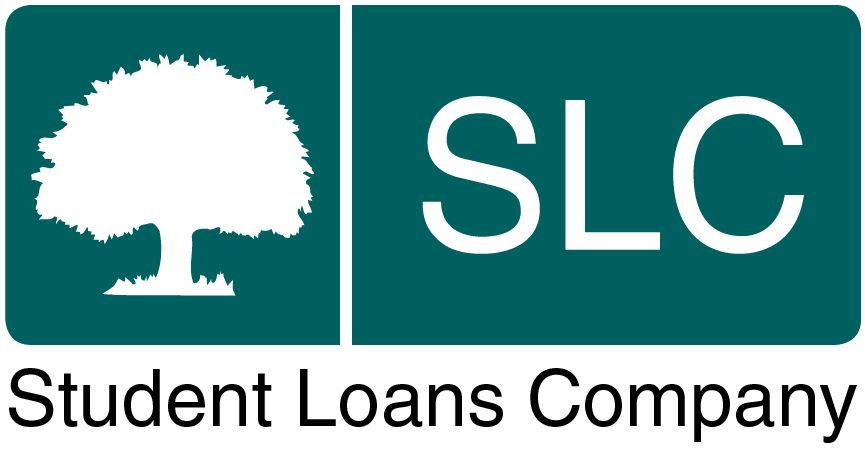Accredited official statistics
Definitions (England)
Updated 11 December 2025
Applies to England
| Term | Definition |
|---|---|
| Applicant | This is a person applying for student support. Not all applicants take up a place. Applicants become students once they take up a place and the SLC has received a confirmation of their attendance. |
| Award | If an applicant for student finance is assessed as meeting the eligibility criteria as stipulated within the student finance regulations, then they will be awarded student support. Awards will be paid on condition that the applicant subsequently attends the higher education provider at which point they will be considered a student, and payments will be released according to the payment schedule for the support types awarded. |
| Country of study | The country in which the higher education (HE) provider is located and which the applicant intends to / is studying at. |
| Disabled Students’ Allowance (DSA) | Disabled Students’ Allowances help pay for extra costs a student might incur as a direct result of their disability. This also includes long-term health conditions such as mental-health illnesses, specific learning difficulties such as dyslexia or dyspraxia etc. |
| Domiciled | The country in which the applicant would normally reside in the three years prior to the start of the course. |
| Entry cohort | Grouping of applicants according to the Education (Student Support) Regulations against which the applicant was assessed for support. Student finance applicants are generally covered by transitional protection which means they continue to be assessed against the regulations in place for their first year of study, but this is not always the case. |
| Final figures | The final position refers to statistics in a steady state. Final figures are not expected to change significantly and should represent the final outcome. |
| Higher education provider | For the purpose of this publication it is an organisation designated for student support and can include universities which receive the bulk of their funding from public sources and further education colleges. |
| Household residual income | This is the income associated with the household where the applicant normally resides. It comprises of the taxable earned and unearned incomes of the applicant or those of the applicant’s parents minus any allowable deductions. |
| Maintenance Loan | Applicants are entitled to a different amount of Maintenance Loan depending on their term-time residence. Rates differ for applicants living at home, in London or elsewhere (excluding London).The amount of Maintenance Loan available to students also varies between those studying in their final year and those studying in an earlier year of their course. Students in their final year will be entitled to a reduced amount to reflect the reduced length of time in attendance at their university over which maintenance support is required. |
| OfS categories | From academic year 2019/20, higher education providers in England have registered with the Office for Students (OfS) as ‘Approved (Fee Cap)’ providers or ‘Approved’ providers’. This, and whether providers have an OfS Access and participation plan and with / without a Teaching Excellence and Student Outcomes Framework (TEF) will determine the fees they can charge. Refer to Office for studentsfor further information. |
| Other targeted support | These are grants and allowances provided to students meeting specific circumstances. Targeted support includes Travel Grant, Parental Learning Allowance, Childcare Grant and Adult Dependants Grant. |
| Provisional figures | These are figures are based on the status at either end-August (Sections 1 to 6) or end-October (Section 7: Early in year insight & new policy). End-August figures: Although most payments /awards are captured by this point, figures are finalised a year later due to 1) those noted as ‘awards’ (e.g. Adult Dependents Grants) may change as they are based on the amount which will be paid if the applicant’s attendance is confirmed for the full academic year, 2) a small subset of providers being subject to movement due to later course start dates (formerly alternative providers) and 3) postgraduate courses having later start dates. Section 7 of the publication provides a look at emerging trends of new policies, two months into the academic year. These figures are not revised. |
| Student | For the purpose of this publication, an applicant for student support becomes a student once the Student Loans Company has received confirmation that the person is attending a course with a higher education provider. Not all applicants take up a place. |
| Student support available | This is the arrangement available at the time of the application for support. It includes the range of support available, the eligibility rules and the income thresholds. |

